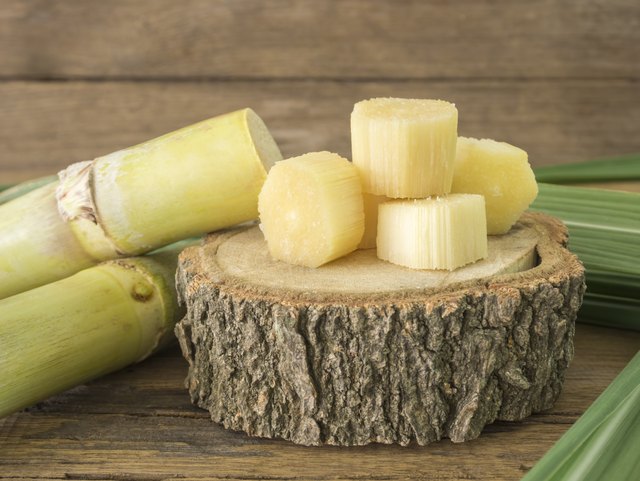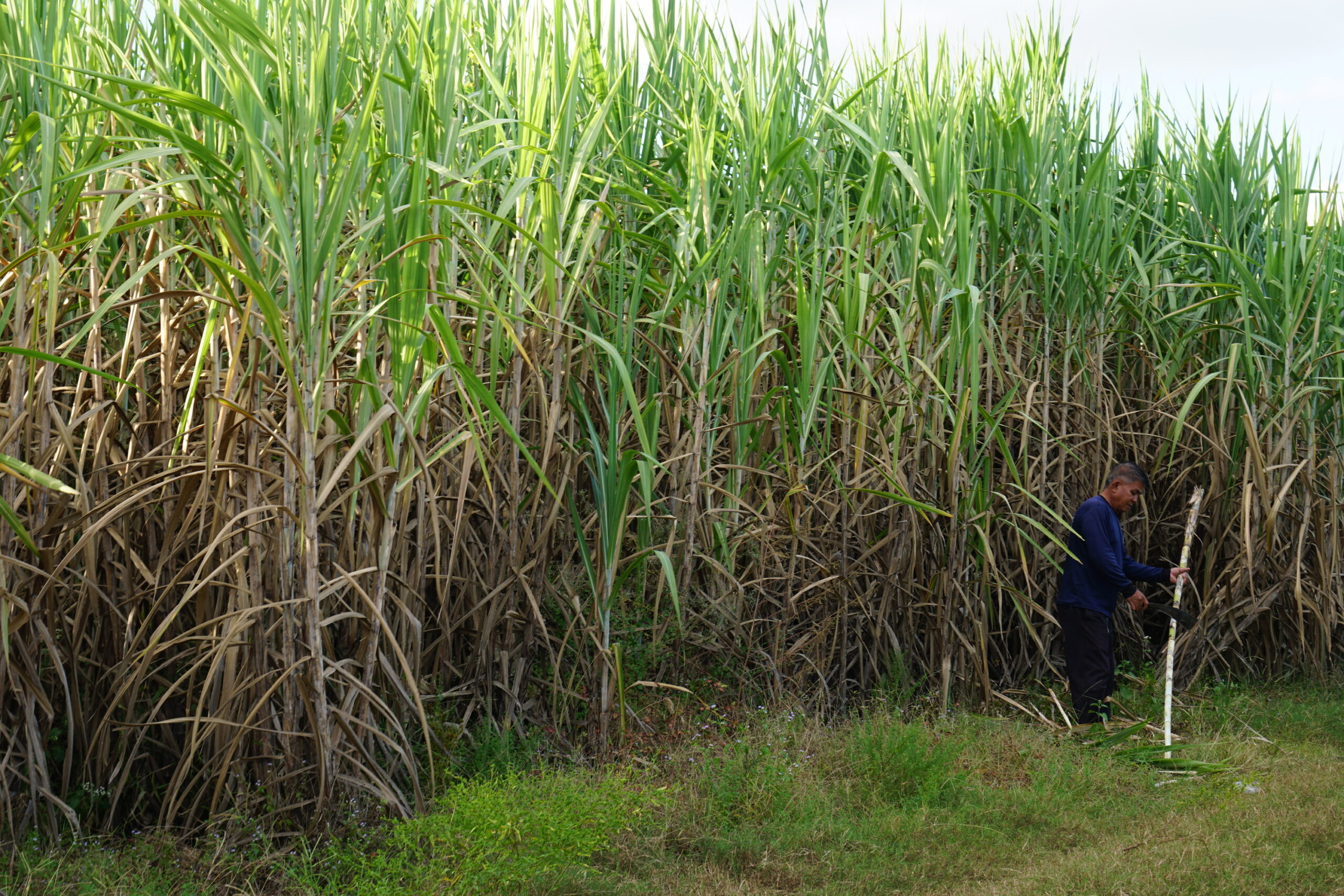The Rich History and Origins of Sugar and Cane Around the World
The Rich History and Origins of Sugar and Cane Around the World
Blog Article
Why Cane Sugar Processing Chemicals Are Crucial for Modern Sugar Refining
The duty of cane sugar handling chemicals in contemporary sugar refining can not be overstated, as they are important to improving both the effectiveness of extraction and the total quality of the last item. Agents such as phosphoric acid and particular flocculants are employed to eliminate pollutants, resulting in sugar that not just meets consumer expectations however additionally sticks to market requirements.
Duty of Handling Chemicals
The efficiency of cane sugar processing hinges dramatically on the tactical application of processing chemicals. These chemicals play a crucial duty in improving the efficiency and high quality of sugar extraction and refining. From the preliminary phases of juice removal to the last purification actions, handling chemicals assist in different essential operations.
In the removal stage, chemicals such as phosphoric acid and calcium hydroxide are employed to optimize the information process, aiding to get rid of pollutants and put on hold solids from the cane juice. This not just enhances the yield but additionally makes sure the clarity of the last product. Additionally, agents like flocculants help in the fast settling of impurities, consequently improving the total process.
Triggered carbon and ion exchange resins serve to get rid of shade and odor, making sure that the polished sugar fulfills customer quality standards. Therefore, the meticulous selection and application of these chemicals are crucial for achieving optimal end results in walking stick sugar handling.
Trick Kinds Of Chemicals
Walking cane sugar processing relies upon a range of crucial chemicals that promote each phase of manufacturing. These chemicals play vital functions in clarifying, lightening, and purifying the sugar extracted from cane.
One main classification of chemicals consists of flocculants, such as polyacrylamide, which help in the explanation procedure by advertising the aggregation and settling of pollutants. Furthermore, calcium hydroxide is commonly used to counteract level of acidity and aid in the removal of non-sugar elements.
Whitening agents, such as activated carbon and sulfur dioxide, are utilized to decolorize the syrup, causing a more clear last item. These chemicals assist get rid of color compounds that may affect the sugar's appearance and marketability.
Additionally, phosphoric acid acts as a pH regulatory authority throughout the handling stages, making certain optimum problems for the chemical activities associated with sugar extraction and purification.
Other essential representatives include edta (ethylenediaminetetraacetic acid), which chelates metal ions that can militarize undesirable responses, and salt hydroxide, which assists in pH control throughout the refining procedure. Jointly, these chemicals improve efficiency and guarantee a top notch walking stick sugar item.
Benefits for Sugar Quality
Often forgotten, making use of particular handling chemicals considerably improves the general top quality of cane sugar. These chemicals play a critical role in refining processes, guaranteeing that the final product satisfies strict market criteria for purity and preference.

Furthermore, processing chemicals help in achieving a constant granulation and texture, which are essential for customer approval. By controlling the formation process, these chemicals make sure that the sugar crystals develop consistently, resulting in a more enticing item that dissolves well in various applications.
Moreover, using these chemicals can improve the service life of cane sugar by decreasing dampness absorption and microbial development. Overall, the calculated application of handling chemicals is necessary for providing top notch walking stick sugar that meets customer expectations and industry needs.
Ecological Impact Considerations

Moreover, the energy-intensive nature of sugar refining, worsened by chemical usage, typically leads to increased carbon exhausts. This adds to climate change and raises concerns concerning the sustainability of current refining practices. Additionally, the sourcing of these chemicals may involve techniques that intimidate biodiversity, such as monoculture farming, which reduces the strength of farming communities.

To mitigate these effects, sugar refiners are increasingly exploring sustainable choices and taking on finest practices that minimize chemical use. Carrying out extensive environmental monitoring systems can aid make sure that the refining process aligns with ecological criteria and promotes biodiversity. Eventually, a balanced approach that prioritizes both sugar top quality and environmental stewardship is necessary for the lasting feasibility of the sugar sector.
Future Fads in Refining
As the sugar market comes to grips with the environmental obstacles linked with standard refining approaches, innovative techniques are arising to boost both effectiveness and sustainability. One considerable trend is the fostering of green chemistry concepts, which focus on using safe, eco-friendly processing chemicals. This shift not only minimizes environmental impact however also addresses customer demand for cleaner manufacturing techniques.
Another encouraging advancement is the implementation of innovative purification innovations, such as membrane layer splitting up and adsorption processes. These methods enhance the quality and quality of the sugar while minimizing the quantity of wastewater produced during refining. Additionally, the combination of electronic technologies, including IoT and AI, go right here is changing operational effectiveness by enabling real-time tracking and anticipating maintenance, hence reducing resource waste.
In addition, making use of byproducts from sugar refining, such as bagasse and molasses, is obtaining grip. These materials can be transformed into biofuels or value-added products, adding to a round economy within the industry. Collectively, these trends signal a shift towards more sustainable practices that not only improve operational effectiveness however likewise line up with worldwide sustainability goals, making sure the future stability of sugar refining.
Verdict
Walking cane sugar handling chemicals are crucial in modern-day sugar refining, significantly enhancing the efficiency and quality of sugar removal. The strategic click here for more use these chemicals not only improves the purity and flavor of the end product yet also guarantees constant crystallization and structure. As the sector progressively prioritizes sustainability, the adoption of environmentally-friendly handling representatives is most likely to form future fads in refining, inevitably leading to higher high quality items and prolonged service life for customers.

Inevitably, a balanced strategy that prioritizes both sugar high quality and ecological stewardship is vital for the lasting viability of the sugar market.
Walking cane sugar handling chemicals are important in contemporary sugar refining, considerably boosting the effectiveness and quality of sugar extraction.
Report this page